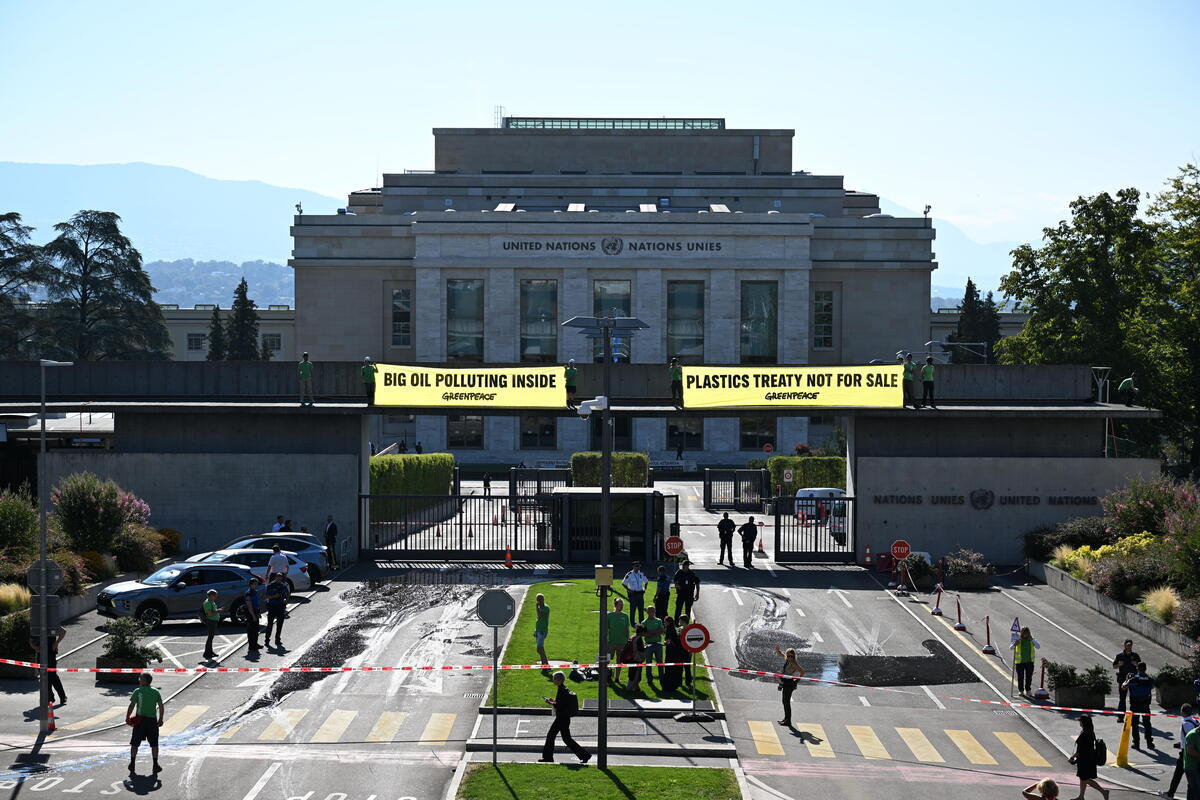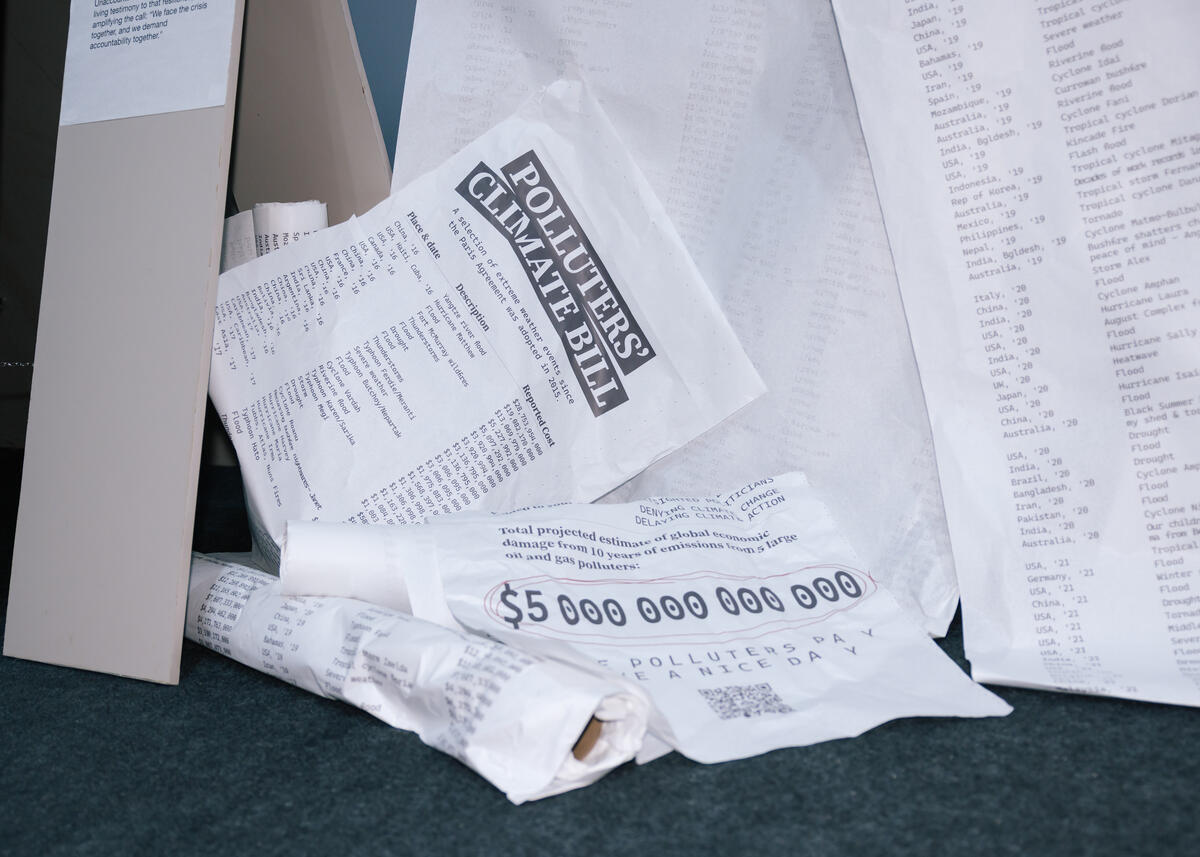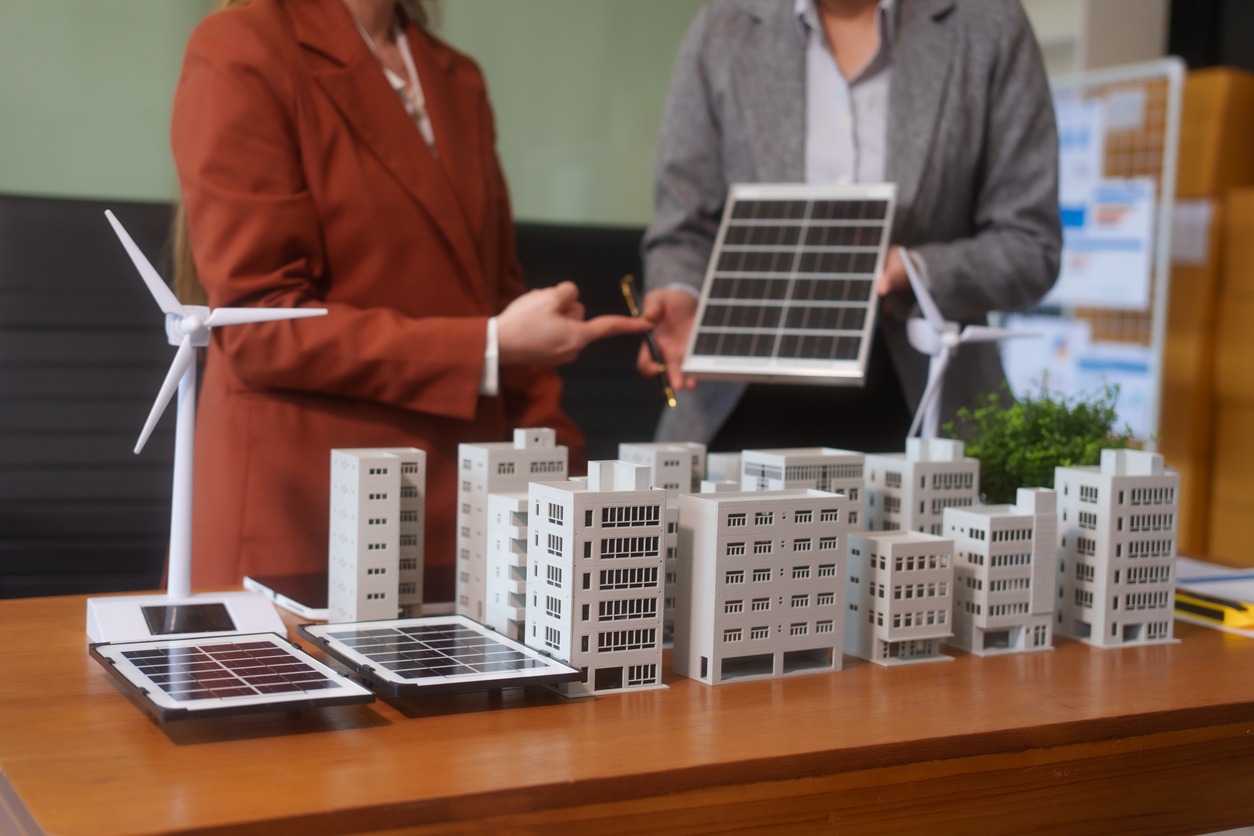It’s time for world leaders to confront the elephant in the UN Global Plastics Treaty negotiation room: Big Oil. After two long weeks, world governments could not come to an agreement on how to tackle the plastic pollution crisis. The talks were adjourned with an unclear path forward, but the one thing that is certain coming out of INC-5.2 is that we will continue to demand a Treaty that puts the health of people and the planet before polluters. Millions of voices around the world won’t stop until the deal is done.
We can’t curb pollution unless we curb production
The root of the plastic problem is clear — the world makes too much of it. There is growing consensus that in order to protect biodiversity, align with the 1.5 degree Celsius climate target of the Paris Agreement, uphold Indigenous rights, and protect our health and communities, global plastic production must be dramatically reduced, and fast. Studies have already projected that plastic production could triple by 2050 if we continue on this path. But the planet and the climate simply cannot handle more plastic.
Plastic is in the air, water, soil, and running through the blood in our veins — this should have been enough of a wake up call for governments to act. Throughout its lifespan, plastic releases harmful emissions, chemicals, and macro, micro, and nano plastics. We can’t escape pollution, even in our homes. To actually address the plastic pollution disaster, the Treaty, at minimum, needed to provide a pathway to create international regulations to reduce plastics production. A Treaty that fails to address pollution at its source is doomed to fail to deliver the transformative change required to end the plastics crisis.
Most governments committed to ambition, but blockers held the pen
In the run-up to INC-5.2, over 90 countries reaffirmed their support to an ambitious Treaty by signing on to the ministerial declaration “The Nice wake up call for an ambitious plastics treaty”. The declaration symbolised a renewed commitment on ambition including a call for the adoption of a global target to reduce the production and consumption of plastic, and other key elements of a strong Treaty including measures to address harmful products and chemicals, drive reuse systems, ensure equitable financing, and ensuring future conference of parties would be able to vote — to break the deadlock that has plagued 6 rounds of negotiations.
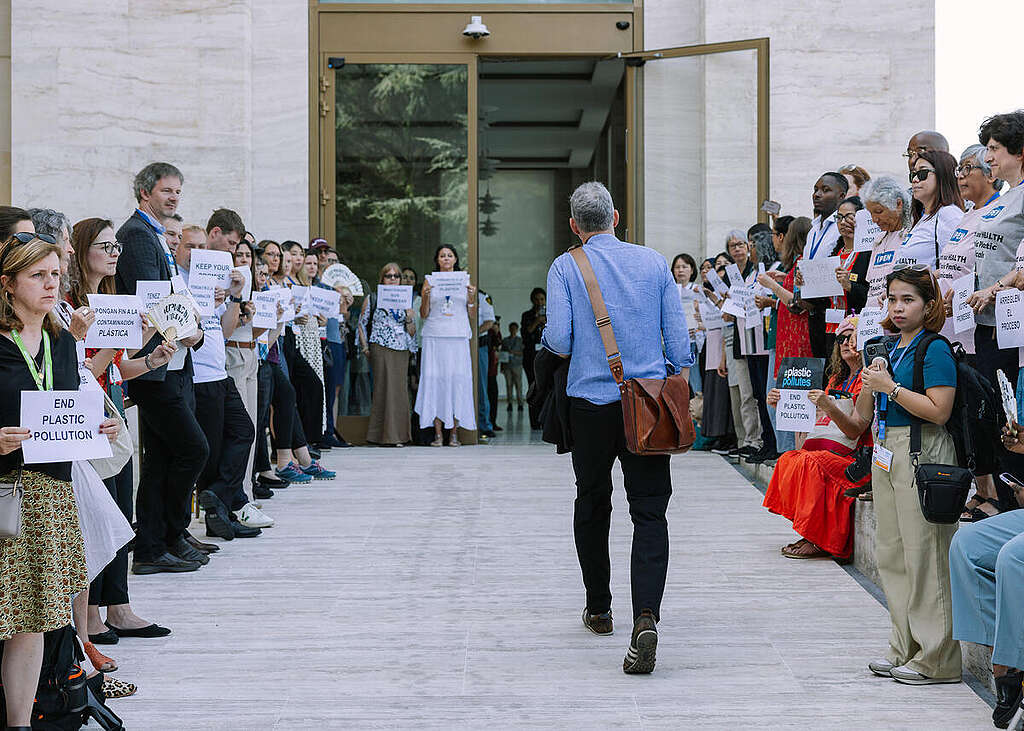
More ambitious countries came to INC-5.2 ready to get to work. Dozens of countries signed on to support the critical measures needed to secure an impactful Treaty. But the work to iron out details and find common ground were once again foiled by a process that allowed a small minority of countries not negotiating in good faith to be rewarded for bad behaviour. In the end two Treaty drafts were presented by the Chair but neither were fit for purpose And here we are again with no clarity on how governments are going to break this toxic cycle.
As the plastic pollution emergency evolves into a public health emergency, history will show that governments’ inertia, INC after INC, played a major role in how two years later the world is still waiting for bold action. But even more stark is the role a handful of bad actors played in using a multilateral process to drive ambition into the ground, further entrenching us in a system dripping in fossil fuel dependence, pollution, and destruction.
The business case is clear
As the fossil fuel lobby held on to the status quo by its nails, the counter lobby made it clear that governments could choose a different path — business models and systems that supported communities could thrive, instead of simply survive.
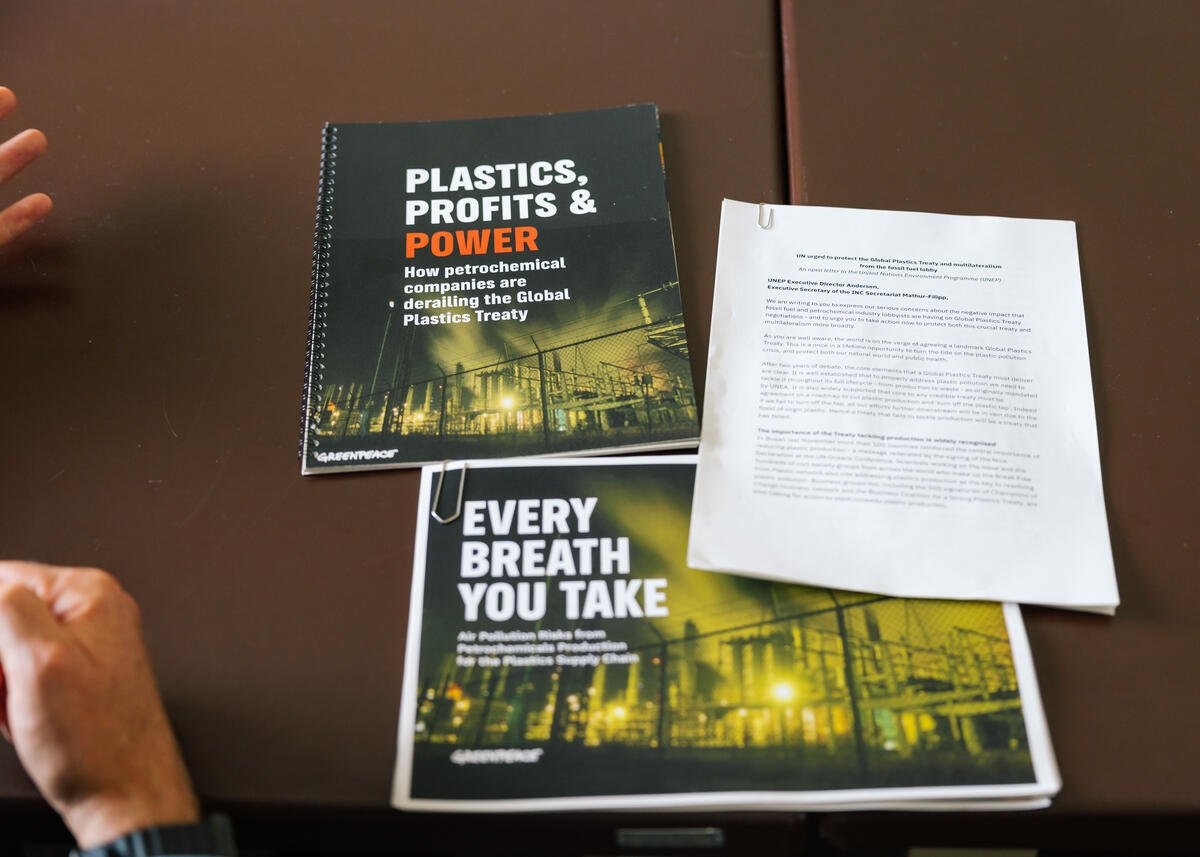
Even major fast moving consumer goods companies dependent on single-use plastics, like Unilever and members of the Business Coalition, have said enough is enough, time for a new system. Over 450 businesses leaders through Greenpeace International, Break Free From Plastic, and the Plastic Pollution Coalition Champions of Change initiative, called for a strong Treaty that cuts production, and bit by bit we have seen a coalescing on key calls to action for governments. Plastic pollution is bad for business, and it’s only a matter of time before more industries join the chorus calling for action, with their customers and civil society standing behind them.
Time for Big Plastic to be shown the door
Just like plastic pollution, the fossil fuel and petrochemical industry is everywhere. They take up space in community gatherings, pretend to blend in at sustainability conferences, sponsor public events and sports stadiums, and buy media space to drive their greenwashing agenda. And their stronghold on UN processes aimed at addressing their legacy of harm has been eye-opening through the Plastics Treaty negotiations. INC after INC fossil fuel and petrochemical lobbyists show up in droves, with INC-5.2 hitting a record number of 234 representatives registered, according to Center for International Environmental Law’s findings.
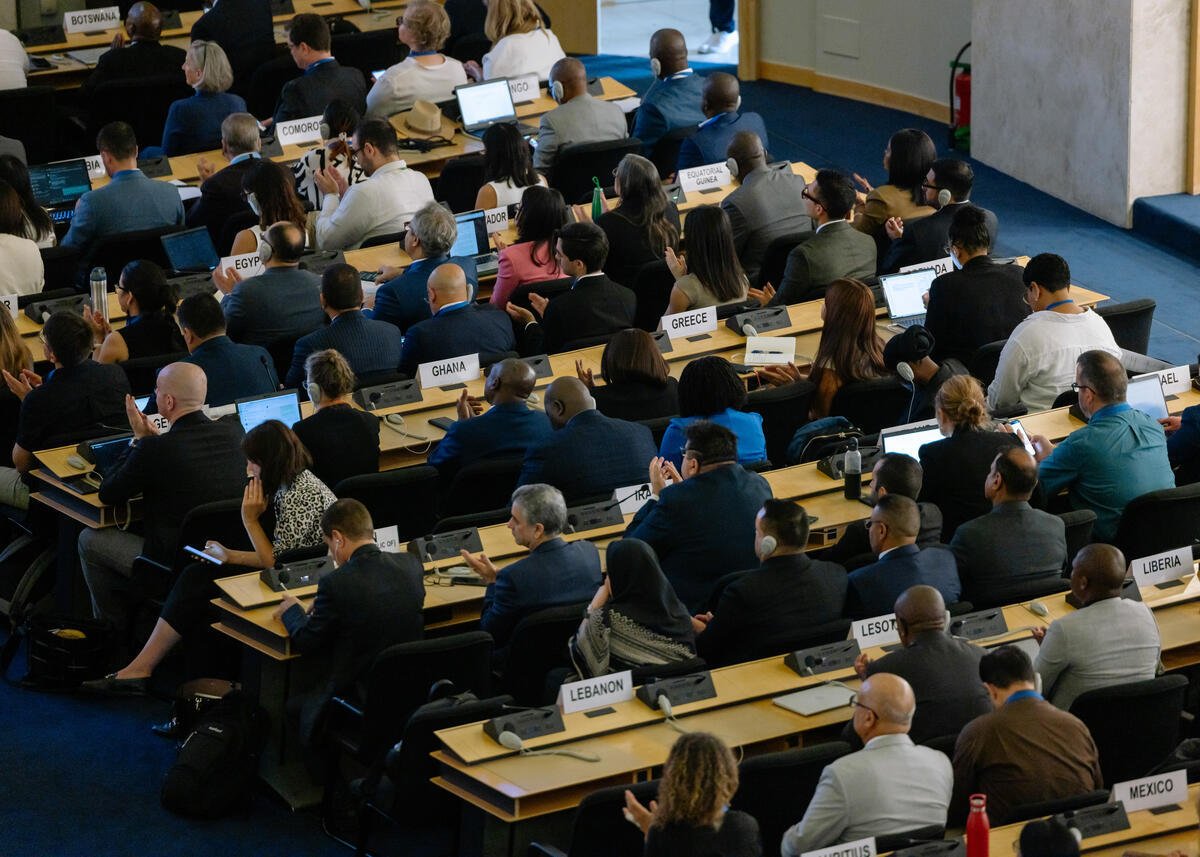
Just before the talks began, Greenpeace UK released a report that revealed how some of the world’s largest petrochemical companies have been systematically lobbying against cuts to plastic production while generating massive profits from their growing plastics business. According to the report, since the Treaty talks began in November 2022, seven companies alone have produced 1.4 million tonnes, enough plastic to fill five and a half garbage trucks every minute, while sending 70 lobbyists to negotiations, supported by major industry front groups.
Greenpeace International and The Center for International Environmental Law also delivered a letter to the heads of UNEP and the INC secretariat calling for fossil fuel lobbyists to be banned from all future Global Plastics Treaty negotiations.
Does multilateralism need a life raft?
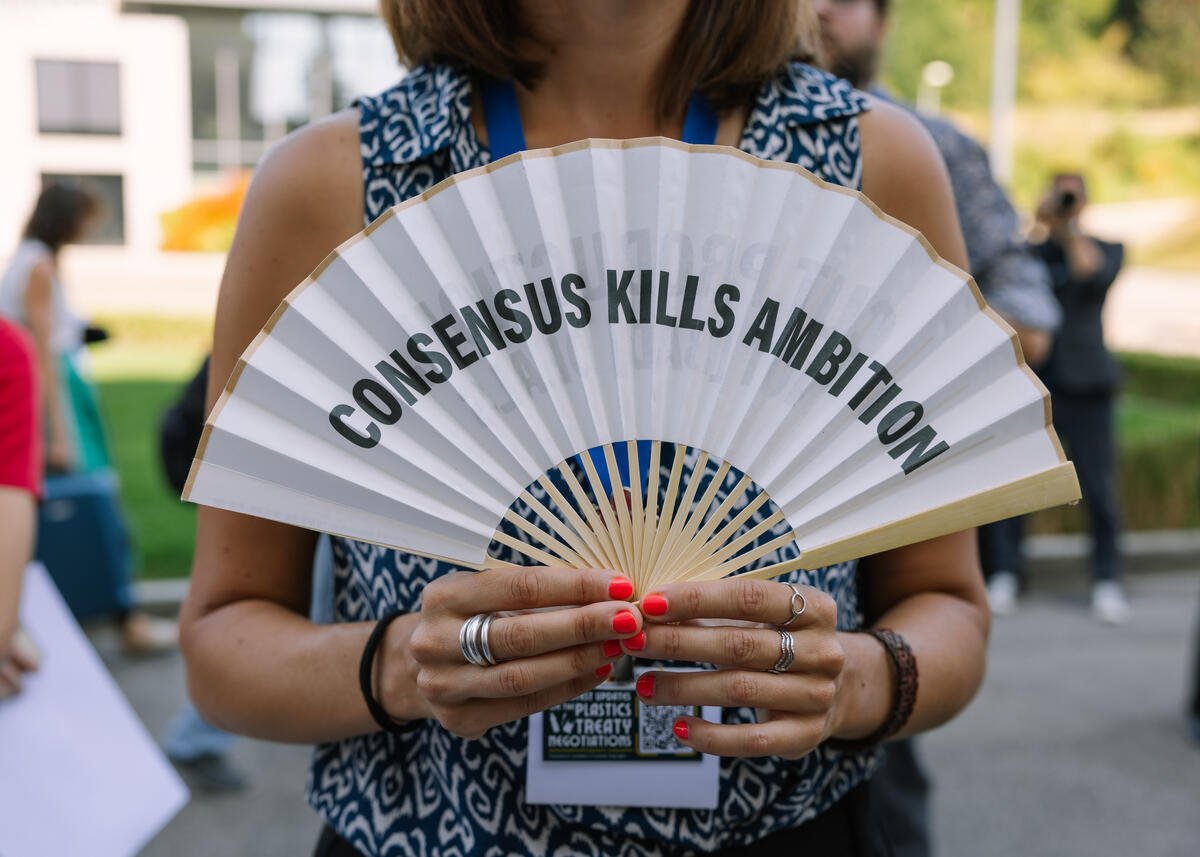
The rough state of multilaterialism has been evident at each painful round of Plastics Treaty negotiations. Challenging geopolitics and the weight of a thousand invisible multilateral dynamics can be crushing when the rate of solving the world’s massive environmental and social justice crises is glacial.
We need global solutions to global problems, and global agreements to create global regulations. But something needs to give. As INC-5.2 played out, the Greenpeace delegation shared one meme over and over again in chat channels, reading “The politics are brutal”. It provided some dark humour but also served as a reminder that in moments like this, being united with the growing movement of people pushing for a plastic free future is even more essential to hold world leaders accountable.
Where do we go from Geneva?
Can’t stop, won’t stop. The world needs a global agreement that cuts plastic production, upholds Indigenous Rights, prioritises the health and rights of frontline and impacted communities, protects biodiversity and doesn’t further fuel the climate crisis.
In the weeks to come, world leaders will need to decide where they go from here. The inability to reach an agreement in Geneva must be a wake up call for the world: ending plastic pollution means confronting fossil fuel interests head on. Governments cannot continue to do the same thing and expect a different result.
The time for hesitation is over. Only courage and perseverance will get us to a strong agreement. The health of current and future generations, our communities, and our planet’s ecosystems depends on it.
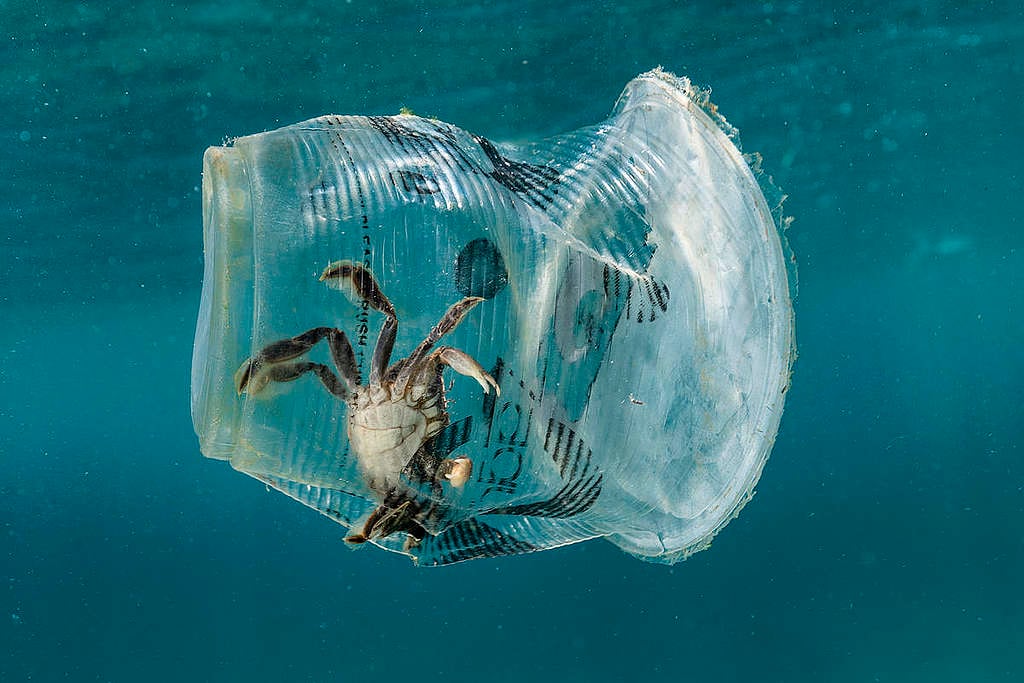
Let’s end the age of plastic!
Ask world leaders to support a strong Global Plastic Treaty that addresses the whole life cycle of plastic.
Sarah King is a Senior Strategist with the Greenpeace Plastic Free Future campaign.
Source link
Sarah King www.greenpeace.org

